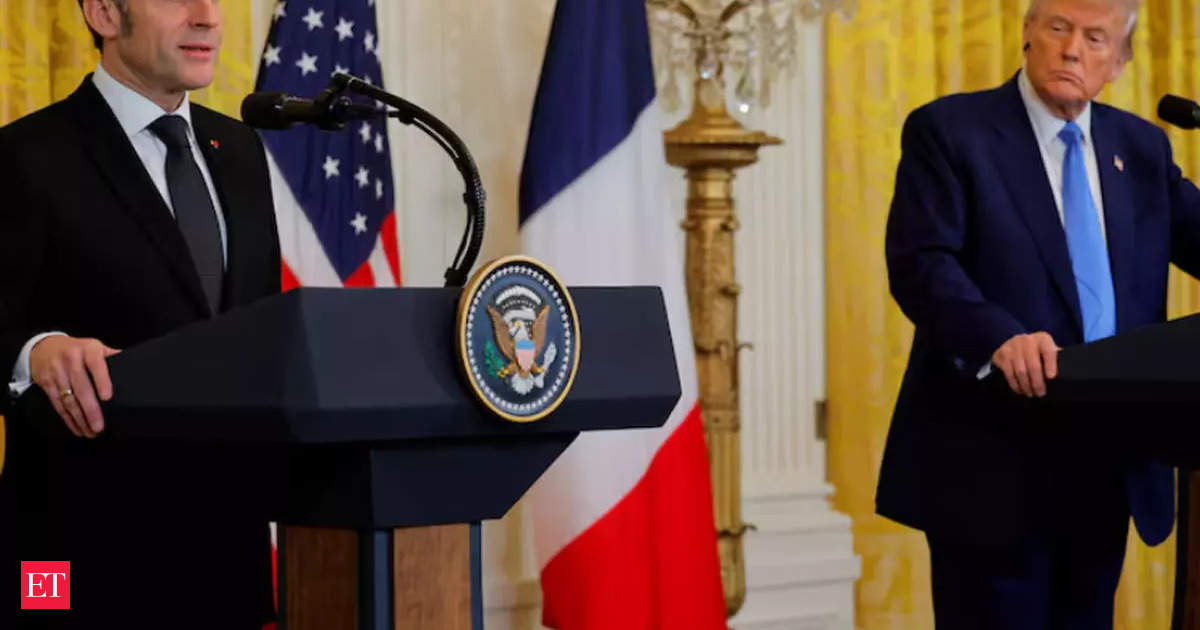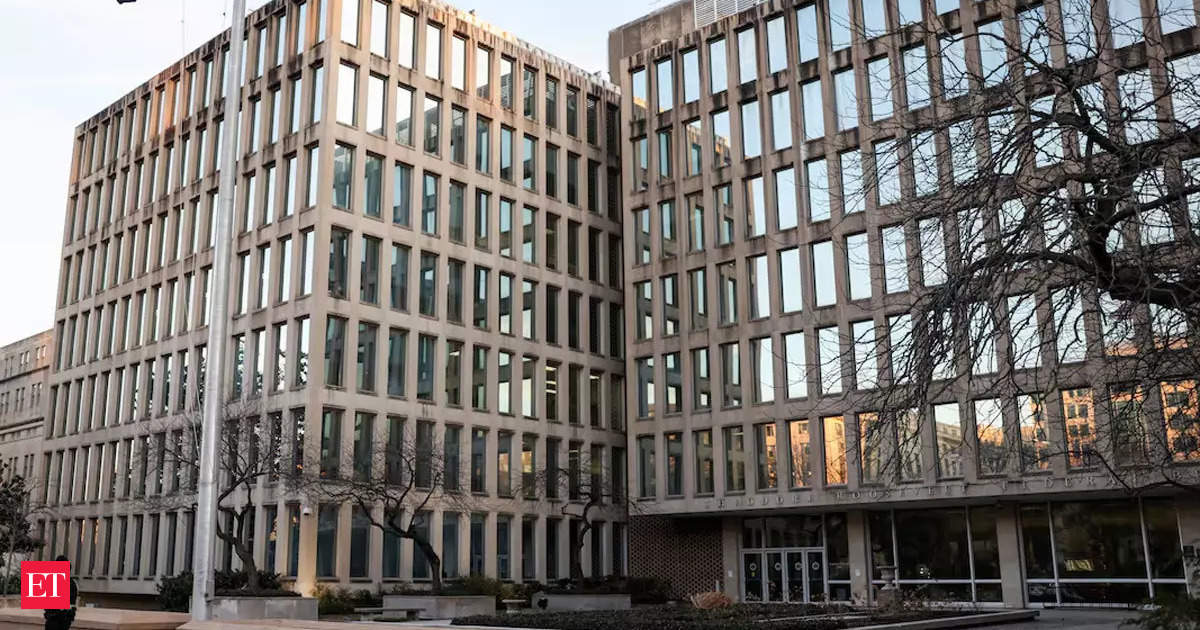Last year, India’s opposition parties formed an alliance to take on Prime Minister Narendra Modi and his Bharatiya Janata Party in the upcoming national election. However, the alliance is now cracking under the weight of rivalries, ideological differences, and personality clashes. The Indian National Congress party, along with several regional parties, forms the unity front, but their differences have grown sharper as the election approaches. Talks on seat-sharing within the alliance have stalled, and two key partners have announced that they will contest seats independently. In addition, support for Modi has grown after his involvement in the opening of a Hindu temple in Ayodhya. The opposition alliance is now facing challenges in finding common ground and crafting a narrative that can challenge Modi’s popularity and electoral strength. Furthermore, the alliance has been dealt a blow by the defection of Nitish Kumar, the chief minister of Bihar state, to Modi’s party, further weakening their united front. The opposition acknowledges that they have faced setbacks, including targeted investigations and harassment by law enforcement agencies. However, they claim that these actions undermine India’s democratic principles. The opposition has also struggled to resonate with voters on key issues such as rising unemployment and economic discontentment. Despite India’s expanding economy, joblessness remains a significant challenge, particularly among the young workforce. While the opposition has drawn large crowds during rallies and walks, experts question whether this support will translate into votes. Unless there is a popular uprising over economic distress, Modi appears well-positioned to win a third consecutive term comfortably.
India’s Opposition Alliance Cracks as Election Nears

-
Uncategorized










